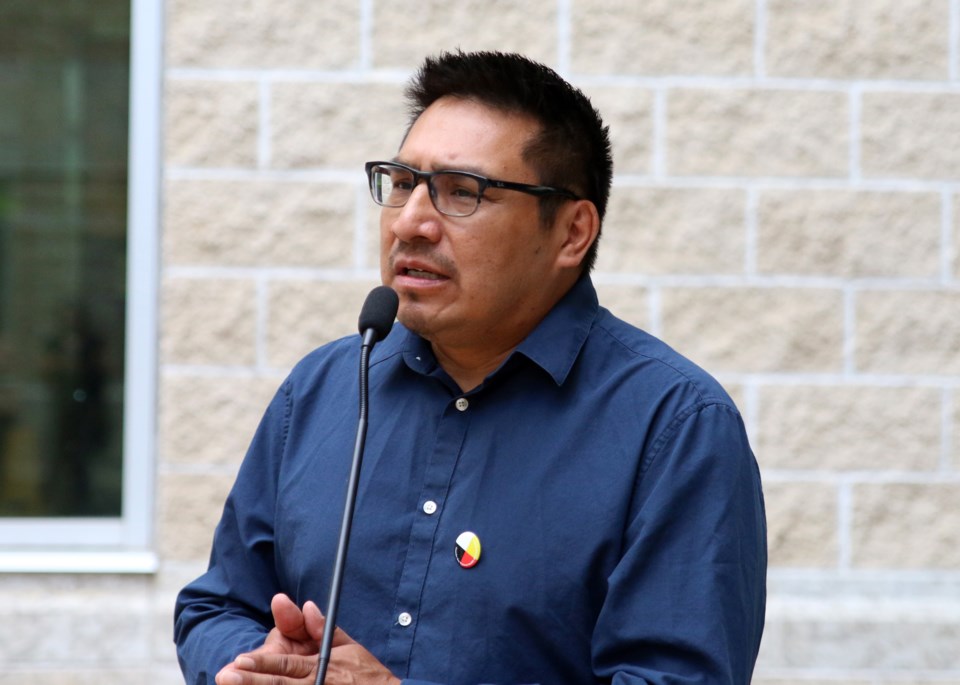THUNDER BAY –Sol Mamakwa says he understands the anxiety many people feel over the COVID-19 pandemic. The Kiiwetinoong MPP recently spent some time in self-isolation himself on medical advice, before testing negative for the virus.
“It was tough,” he says. “I was alone, and by about the third or fourth day I started feeling kind of anxious.”
It’s an unprecedented situation that Mamakwa acknowledges is challenging for political leaders. The MPP splits his time between the north and the provincial legislature in Toronto. He says seeing the nation’s largest city in near-shutdown mode brought the scale of the crisis home.
“When you see the streets are bare, it’s almost like from a movie,” he says. “There’s no playbook on how to handle this, that’s the issue we’re facing. As elected officials, we have to work together and try to provide the best pandemic plan to minimize the impact of the coronavirus in our communities.”
But while the first-term MPP has been spending time at Queen’s Park working to address the crisis, much of his focus is on how the pandemic might affect remote First Nations communities in his riding. Mamakwa says while their relative isolation may help slow or prevent the spread of the virus, many are particularly vulnerable should COVID-19 arrive.
“I think they’re in a very unique situation – because of the isolation, the remoteness [of fly-in communities], that’s the advantage,” he says. “But on the other side, if it hits it’s going to have a big impact.”
That’s because many First Nations communities lack the resources and amenities many other Canadian communities take for granted, he explains.
“Some communities don’t have clean drinking water. So when we talk about those precautionary measures – washing hands, social distancing, even self-isolation – those are things you can’t really do in our communities, especially when they’re overcrowded.”
Mamakwa says around 15 First Nations in the region have implemented travel restrictions designed to prevent the spread of the virus.
The crisis also highlights long-standing issues of access to medical care in remote First Nations, Mamakwa says.
“Not every community has 24-hour access to physician service, and there’s limited service of nurses as well,” he says.
Earlier this month, doctors in Sioux Lookout raised the alarm over how “critical” nursing shortages in the region leave First Nations vulnerable to COVID-19. 42 doctors signed an open letter to federal Minister of Indigenous Services Marc Miller, calling for immediate funding for additional nurses.
“A grossly under-resourced nursing service in the north which has existed over many years is going to be even more taxed, perhaps to the point of collapse,” the letter warns. “Staffing shortages render our northern Indigenous patients disproportionately vulnerable to COVID-19”
Mamakwa says while now is the time to focus on emergency response to the pandemic, it exposes the need to address systemic underfunding of care for First Nations.
“We cannot just react when there’s a crisis,” he says. “We need to have a plan on how to have equitable access to health care.”
